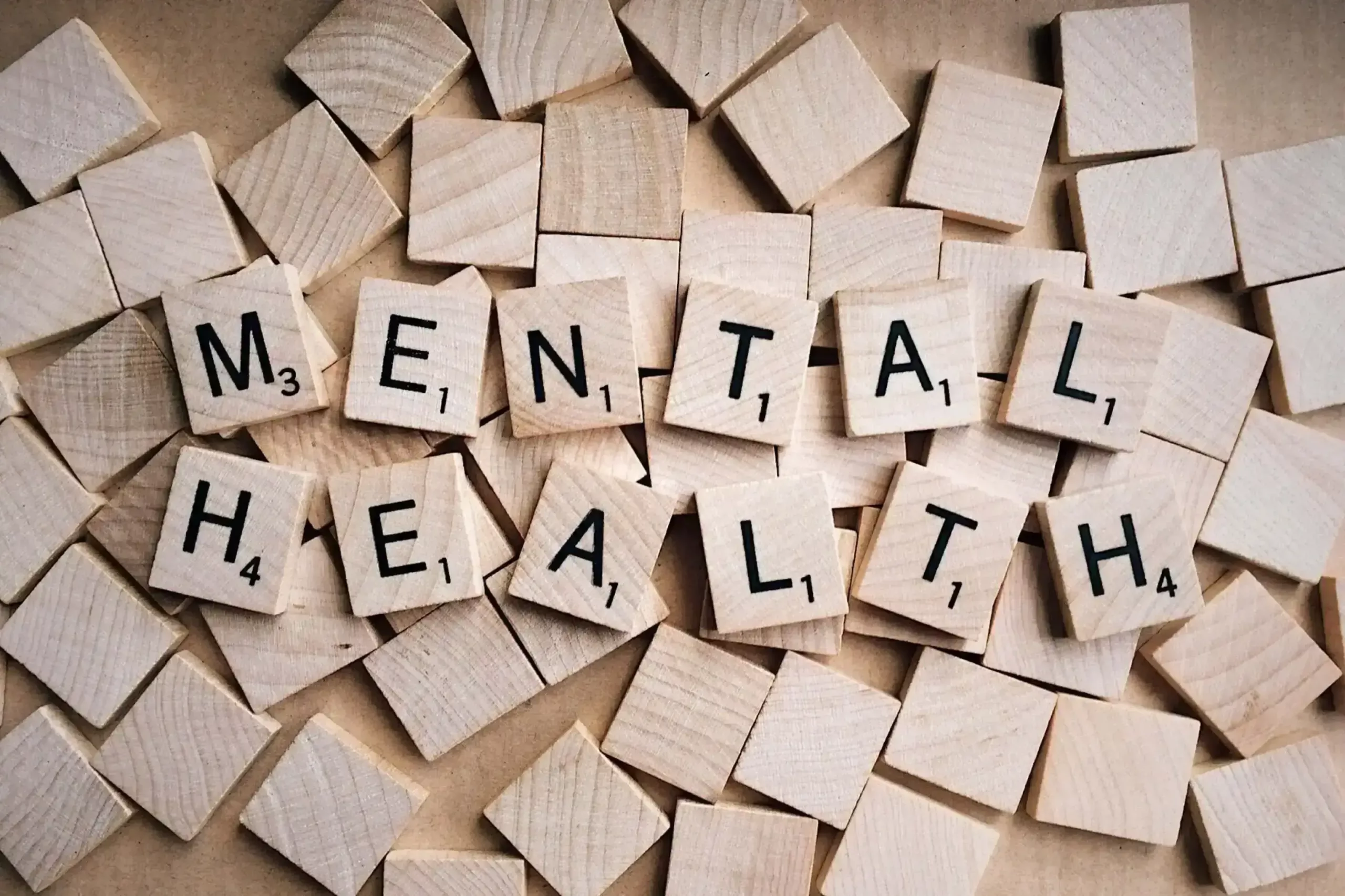Infertility is a struggle that goes beyond the physical. Approximately 60% of infertile couples experience higher anxiety levels than their counterparts. People dealing with infertility have similar levels of anxiety and depression to those with heart disease, cancer, or HIV. There is a deep connection between Infertility and Mental Health as there are a lot of other factors in the process. Psychological symptoms such as anxiety, depression, and irritability are also associated with medications used to treat infertility.
Research shows that while most infertile couples need psychological support, less than 25% seek professional help. According to another study by NCBI, more than 70% of female fertility patients receive no information or referrals about mental health services at their fertility clinics.
Infertility conversations often concentrate on the physical aspects. We’ll discuss how infertility can impact mental health and how can help with emotional turmoil. You must visit a good IVF Center in Patna to make sure that you have got the right directions and guidelines to take care of yourself.
What Causes Fertility?

Ovulation-related issues can cause infertility in most cases. Polycystic Ovarian Syndrome is a hormonal condition that can adversely affect ovulation.
Polycystic Ovarian Syndrome is a condition that results in an abnormal production of reproductive hormones. It causes the ovaries not to release eggs regularly or to develop them. Infertility can also be caused by the following:
- Uterine fibroids
- Endometriosis
- Pelvic Inflammatory Disease
- Block fallopian tubes
- Uterus deformities or abnormalities
Another reason fertility problem occurs is age. Around one-third of all women over 35 are at Infertility risk which can also be increased by poor nutrition, excessive alcohol consumption, and smoking.
How infertility can impact your mental health?

Infertility can significantly impact your financial, physical, and spiritual lives. A couple feels their life complete after having kids. Even big celebrities like Charlie Heaton have shared their feelings on the birth of his child Archie Heaton. There are numerous examples of couples like BunnieXo, and Caitlin Nell Dryer or actresses like Utahjaz who wish to complete their family at some time in their life.
- Depression and anxiety
The uncertainty and physical demands of infertility treatments can cause anxiety and depression. After infertility treatments fail, feelings of guilt, sadness, anger, and even guilt may arise.
- Spiritual crisis
When becoming parents is offered, couples may question their religious and spiritual beliefs. Some infertile couples can find comfort in a connection to a higher power.
- Money worries
It can be costly and time-consuming to treat infertility. Worry can be caused by a decline in bank accounts or if you can miss work to go to the doctor.
- Sexual dysfunction
Your sex life can be ruined by infertility, and it feels more like a job than a relationship. Your relationship can be impacted by sex and the associated feelings of failure and disappointment.
How does mental stress impact fertility treatment outcomes?

Although the science behind infertility is still not precise, experts are increasingly pointing out that anxiety and stress may contribute to fertility problems.
Sometimes, psychological distress can also reduce the chance of conception. This is true even if fertility treatments like In vitro fertilization are used. Poor mental health can harm your fertility health in many ways.
- Extreme emotional stress can affect the functioning of the pituitary glands and, thus, the production of reproductive hormones.
- Stress can cause hormonal changes, respiratory problems, and cardiovascular disease.
- Higher levels of stress can affect the release of eggs from the ovaries.
How infertility impacts women’s mental health?
Both men around 9% and women around 11% can experience infertility or not being able to have children. Many women have plans to start a family. Infertility can throw off their plans.
Similar to the above, societal pressure can be a genuine and powerful reality in the case of Infertility. Infertility can also cause intense feelings of guilt. Infertility can bring on a level of grief that is just as devastating as the grief after the death of a loved one.
According to the NCBI Article, “Even though infertility is common, most infertile women don’t share their stories with their family and friends. This increases their psychological vulnerability.” Feelings of guilt, shame, and low self-esteem can result from an inability to reproduce naturally. These negative feelings can lead to depression, anxiety, distress, and a decreased quality of life.
It can be a rollercoaster ride for both partners and women. They feel the pressure of trying for a baby and have to wait anxiously for weeks before finding out if they are pregnant. The painful truth is that they are not pregnant. They must go through the same cycle again, feeling hopeful at times and suffering from anxiety and depression with every negative test result.
Women’s psychiatrists can help with any aspect of a woman’s life affected by infertility. You can find everything from financial problems and sexual dysfunction to relationship and spiritual issues.
Conclusion
Although infertility can be a complex issue, it is not something you should face alone. For your mental health, it is essential to talk to a woman’s psychiatrist and surround yourself with solid support systems.
IVF Specialist Doctor in Patna is a licensed and experienced team that can help you overcome any obstacles or negative aspects of infertility. They also provide hope and guidance for your future.

